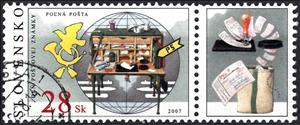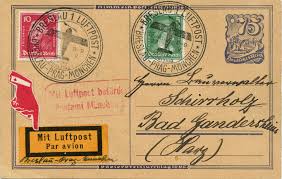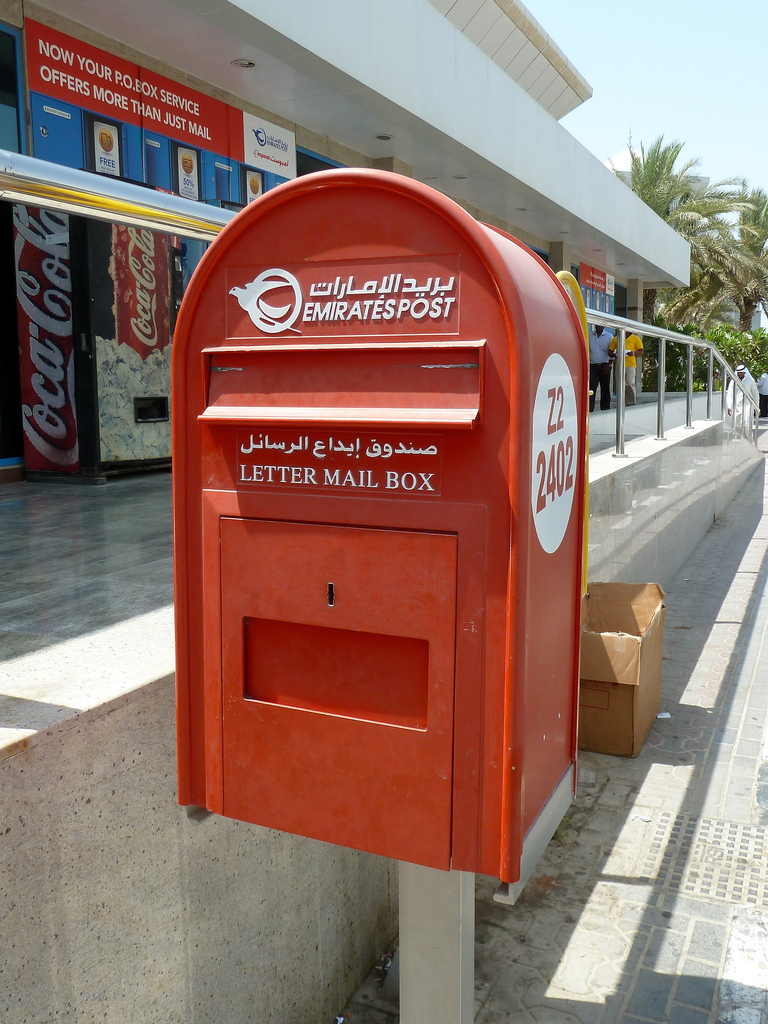Se-tenant: Stamp Day - Field Post (Slovakia 2007)
Stamp Day - Field Post (Slovakia 2007)
28 November (Slovakia ) within release Stamp Day goes into circulation Se-tenant Stamp Day - Field Post face value 28 Slovak koruna
| Se-tenant Stamp Day - Field Post in catalogues | |
|---|---|
| Michel: | Mi: SK 571Zf |
Se-tenant is square format.
Stamp with labelAlso in the issue Stamp Day:
- Stamp - Stamp Day - Field Post face value 28;
- Se-tenant - Stamp Day - Field Post face value 28;
Se-tenant Stamp Day - Field Post it reflects the thematic directions:
Philately (/fɪˈlætəli/; fih-LAT-ə-lee) is the study of postage stamps and postal history. It also refers to the collection and appreciation of stamps and other philatelic products.While closely associated with stamp collecting and the study of postage, it is possible to be a philatelist without owning any stamps. For instance, the stamps being studied may be very rare or reside only in museums.
A post office is a public facility and a retailer that provides mail services, such as accepting letters and parcels, providing post office boxes, and selling postage stamps, packaging, and stationery. Post offices may offer additional services, which vary by country. These include providing and accepting government forms (such as passport applications), and processing government services and fees (such as road tax, postal savings, or bank fees). The chief administrator of a post office is called a postmaster.
Postal history is the study of postal systems and how they operate and, or, the study of the use of postage stamps and covers and associated postal artifacts illustrating historical episodes in the development of postal systems. The term is attributed to Robson Lowe, a professional philatelist, stamp dealer and stamp auctioneer, who made the first organised study of the subject in the 1930s and described philatelists as "students of science", but postal historians as "students of humanity". More precisely, philatelists describe postal history as the study of rates, routes, markings, and means (of transport).
The mail or post is a system for physically transporting documents and other small packages; or, the postcards, letters, and parcels themselves. A postal service can be private or public, though many governments place restrictions on private systems. Since the mid-19th century national postal systems have generally been established as government monopolies with a fee on the article prepaid. Proof of payment is often in the form of adhesive postage stamps, but postage meters are also used for bulk mailing. Modern private postal systems are typically distinguished from national postal agencies by the names "courier" or "delivery service". Postal authorities often have functions other than transporting letters. In some countries, a postal, telegraph and telephone (PTT) service oversees the postal system, in addition to telephone and telegraph systems. Some countries' postal systems allow for savings accounts and handle applications for passports.




